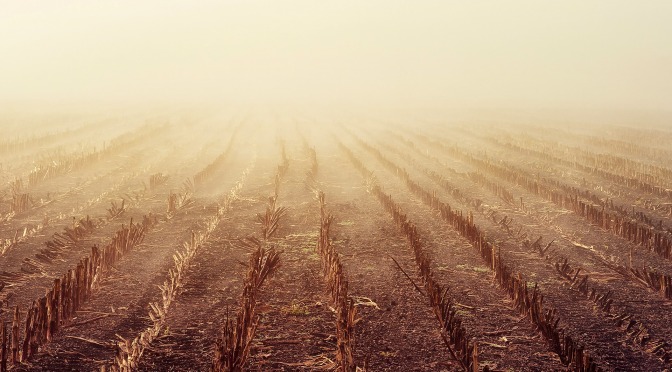This week, as part of a series of blog posts engaging with the Methodist Church in Great Britain’s Advent & Christmas theme ‘There Is Room’, I posted a blog titled ‘There is Room for All Ages and Genders’.
The brief blog reflected on my own experince leading a school assembly last week, and through the charcter of Mary reflected on God’s calling to all people regardless of societal expectations around age and gender.
I confess to it being the blog post in the series that I was most anxious about – because there is so much debate and vitrol around gender in particular at the moment, in society and especially on social media. But I having been moved and challenged by my own experience during the assembly, this was a reflection I wanted to share.
As always, the post also linked to Twitter, and I’ve been surprised by some of the response… challenging my use of language in the blog, suggesting it was the most exclusive depiction of inclusion and blasphemy. Others challenged that to talk about age and gender was not inclusive because and lacked narrative about abuse, appearance and beauty.
I’m not perfect, no one is, and when it comes to the use of language, we are all at the mercy of writing something that means one thing to us but gets interpreted in different ways by others. We write from our perspectives, our experiences, our limited learning and understanding.
And I know as a white, heterosexual man I write from a place of privilege and power. I’m always conscious of that, and as a result, I know there are times in my past where I have dissuaded myself from engaging in this area. Knowing others have more experience, more knowledge, more right to speak into the debate.
But recently I’ve found myself feeling challenged afresh by God that in being relatively silent, I serve to enable the powerful, not empower the powerless. That I will facilitate the marginaliser, not stand alongside the marginalised. In not being explicit in speaking up – I abuse the place in which God has placed me.
Maybe I shouldn’t have been surprised at all that posting about inclusion of age and gender led to a backlash. But I think the idea that one short blog, from one voice, reflecting on my experience of one tiny part of scriptures story, should tackle every nook and cranny of inclusion, seems ridiculous.
Twitter isn’t always a healthy space – cramming what we want to say into 280 characters often drowns out the possibility of nuance and at times, friendliness.
Jesus was not afraid to challenge, but the gospel I read also shows Jesus’s character was one of compassion and grace. He taught his disciples, sometimes he rebuked them, but he also educated them.
This experience of choosing to speak out, while knowing I have less personal right to speak on it that others, leads me to ask – Is there room? Is there room for conversation? Is there room to help one another learn? Is there room to share together constructively, with compassion and grace, rather than shoot one another down?
I leave you witha short quote from John Wesley, which has guided me through many moments of diverse opinion in my early years of ministry.
“Be of one heart, though we are not of one opinion…
John Wesley, 44 Sermons
love each other, despite holding differing opinions.”














